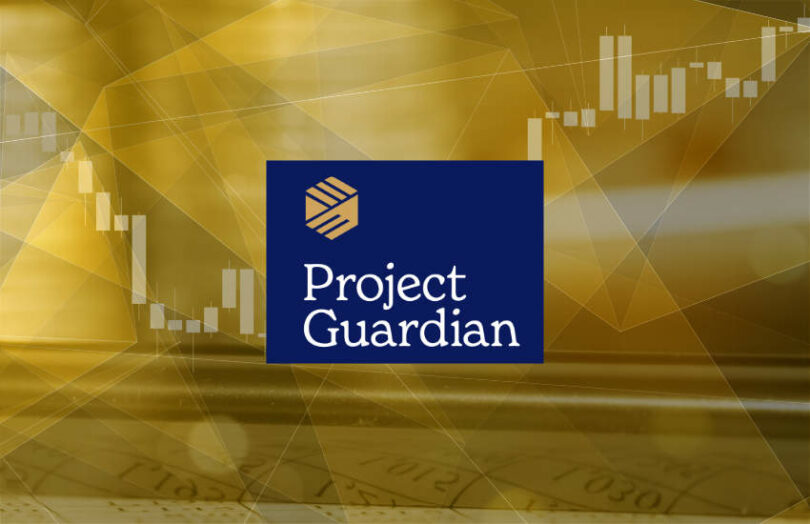Today the Monetary Authority of Singapore (MAS) unveiled its latest public blockchain tokenization trials. In the latest iteration of Project Guardian in conjunction with the BIS, it outlined a framework to address how to approach public blockchain – or open interoperable networks – and the perceived risks. The latest tests involve 11 institutions including five systemically important banks Standard Chartered, HSBC, Citi, UBS and JP Morgan.
Japanese tokenized government bonds have been used in previous and current iterations of Project Guardian and hence the Japan Financial Services Agency (JFSA) has joined the project.
The driver behind the project is the proliferation of permissioned digital asset platforms, particularly for bonds, which each represents a silo and potential fragmentation. There’s a need for interoperability with existing systems and each network. In contrast, the permissionless Ethereum blockchain enables an immediate audience of millions. Given these are networks, size matters to achieve network effects.
That said, the report doesn’t gloss over risks, including the risk of a public blockchain going offline without recourse.
“While MAS strongly discourages and seeks to restrict speculation in cryptocurrencies, we see much potential for value creation and efficiency gains in the digital asset ecosystem,” said Mr. Leong Sing Chiong, Deputy Managing Director (Markets and Development), MAS.
Three major use cases
The paper elaborates on three trials. The first is a continuation of a test involving JP Morgan, Japan’s SBI and DBS Bank using a DeFi automated market maker (AMM). This time JP Morgan isn’t involved, and users must provide verifiable credentials to participate. The assets being traded in liquidity pools are tokenized Singapore and Japanese government bonds.
The other two tests relate to asset management. Standard Chartered is testing a tokenized asset backed security (ABS) where the asset is a trade finance portfolio from the LinkLogis trade finance platform. The issuance on the Ethereum network is listed on SGX as part of the digital bond sandbox, with participants based on a whitelist. This is one of the completed trials.
“The initial pilot trade conducted in collaboration with Singapore Exchange and Linklogis proves the viability of assets-backed tokenisation as an innovative originate-to-distribute structure, and the potential opportunities it presents to investors to participate in financing real-world economic activity,” said Standard Chartered’s Kai Fehr.
Structure notes are a popular wealth management project in Asia. In the third use case, a tokenized structured note is issued by HSBC via the Marketnode issuance platform which uses a whitelist. Singapore’s UOB bank acts as custodian.
Expanding the participants
Apart from the three trials in the paper, other tests are being conducted. Two initiatives are using public blockchain for fund distribution, one involving UBS, and the other is by Schroders in conjunction with Calastone.
JP Morgan, a prominent participant in the previous Project Guardian publication, also has a trial for secured lending of tokenized bonds and deposits. The giant bank had a notably low-key presence in the paper and announcement. Potentially that’s to avoid it stealing the limelight.






